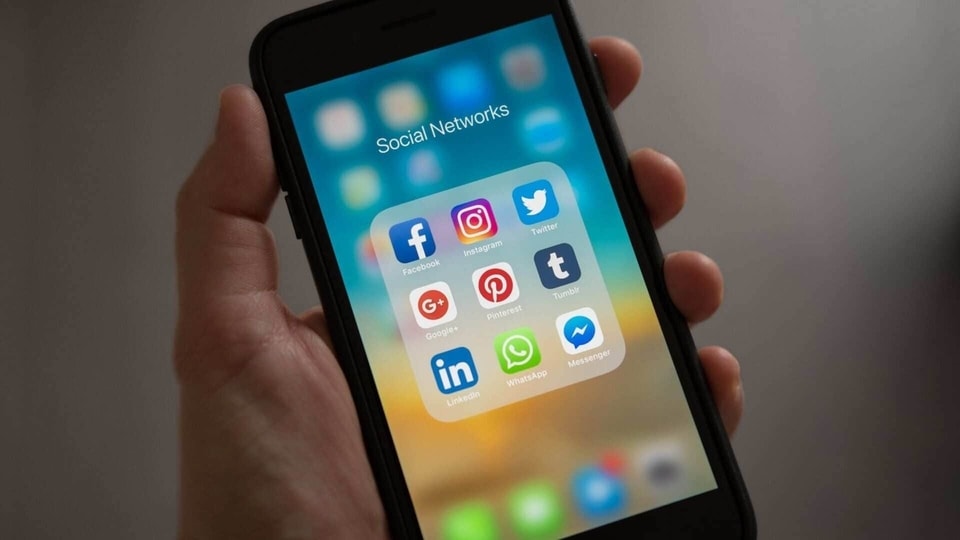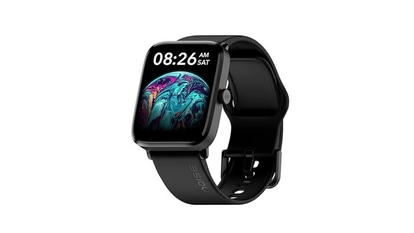Supreme Court Struggles With Social Media’s Role in Terrorism
The US Supreme Court struggled to determine when social media companies can be held responsible for aiding terrorism as the justices heard the second of two cases that are poised to shape the legal rules governing harmful online material.

The US Supreme Court struggled to determine when social media companies can be held responsible for aiding terrorism as the justices heard the second of two cases that are poised to shape the legal rules governing harmful online material.
In a clash stemming from a 2017 shooting in an Istanbul nightclub, the justices spent more than two hours probing the boundaries of a federal anti-terrorism law – and trying to decide whether social media platforms are akin to banks and restaurants that serve terrorists and people who give guns to known criminals.
The justices didn't give a clear indication as to the outcome, though some suggested they were skeptical of efforts by the family of a victim to sue Twitter Inc. and other social media companies for allegedly not doing enough to take down terrorist content.
Justice Clarence Thomas said that under the family's reasoning “it would seem that every terrorist act that uses this platform would also mean that Twitter is an aider and abettor in those instances.”
The justices pressed lawyers for Twitter, the federal government and the family on a federal statute that allows victims of terrorist attacks to collect damages from entities that “aided and abetted” a terrorist act. They held up a myriad of hypothetical examples to assess how culpable Twitter may be for allowing terrorists to remain on their platform, including reaching back to historical figures and companies.
“Let's say J. Edgar Hoover tells Bell Telephone Company that Dutch Schultz is a gangster and he's using his phone to carry out mob activities,” said Justice Samuel Alito. “The phone company says, ‘We don't deprive people of service based on that.' That makes them an aider and abbettor?”
“Perhaps not,” said Deputy Solicitor General Edwin Kneedler.
“Wow, that's a perhaps?” Alito replied.
The case, Twitter v. Taamneh, stems from a 2017 terrorist shooting in an Istanbul nightclub, which left 39 people dead. A lower court said Twitter, Alphabet Inc.'s Google and Meta Platforms Inc.'s Facebook had to face claims that they played a role by failing to remove and making money off of Islamic State materials.
Twitter said a federal appeals court improperly expanded the scope of the Antiterrorism Act.
Twitter's lawyer Seth Waxman on Wednesday argued that the company should not be held liable under the act because failing to remove harmful posts does not amount to aiding and abetting an act of international terrorism. He said Twitter's website was “exploited by terrorists, in contravention of the company's enforced anti-terrorism policies.”
The case argued before the Supreme Court Wednesday is the second this week involving social media's liability for terrorism. On Tuesday, the justices heard arguments about whether Google's YouTube could be held liable for proactively recommending terrorist propaganda to users who did not request that content. That case, Gonzalez v. Google, involves the internet's foundational law, known as Section 230, which protects online companies from facing lawsuits over content posted by their users.
On Wednesday, Justice Clarence Thomas asked hypothetically if Twitter allowing terrorists to use its platform is similar to a person giving a gun to “a friend who was a mugger, a murderer and a burglar.” Thomas questioned if Twitter could be held liable for “aiding and abetting” terrorists, given the amount of knowledge it has about its users.
It's possible that the court could use the Twitter case to sidestep the larger question about the fate of Section 230. The court appeared wary about opening internet companies to lawsuits stemming from harmful user posts during nearly three hours of oral arguments in the Google case.
If the Supreme Court decides that social media companies can't be held responsible for “aiding and abetting” terrorism in the Twitter case, the justices could opt not to decide whether Section 230 protects the companies from those claims.
Catch all the Latest Tech News, Mobile News, Laptop News, Gaming news, Wearables News , How To News, also keep up with us on Whatsapp channel,Twitter, Facebook, Google News, and Instagram. For our latest videos, subscribe to our YouTube channel.

























